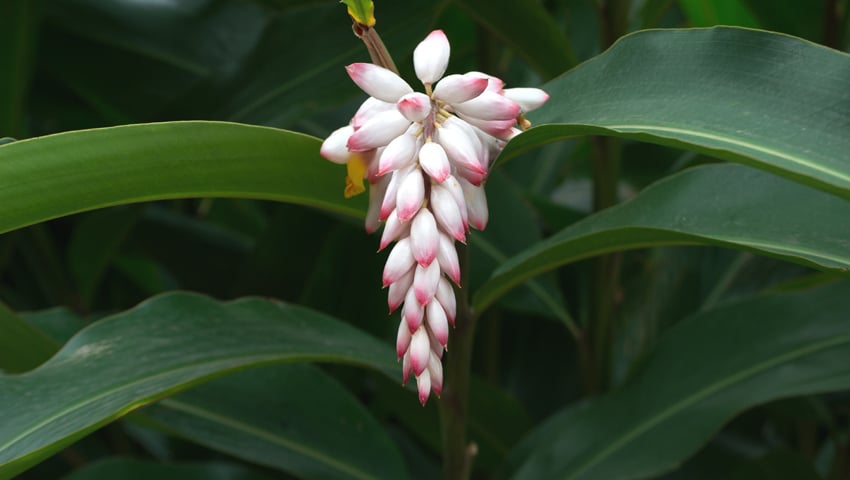A new study has shed light on how traditional knowledge of medicinal plants can guide modern cancer research. The research, led by Dr Jamie Thompson at the University of Reading, reveals that certain plant lineages, long used in traditional medicine across diverse cultures, may hold untapped potential in the fight against cancer.
Only a fraction of the world’s plant species having been evaluated for therapeutic properties. Traditional medicinal practices, which often rely on locally sourced plants, have long been a source of inspiration for modern drug development, especially in cancer. Yet, understanding the full potential of these plants in cancer treatment remains a complex puzzle.
The study, Published in Plants, People, Planet, analysed a comprehensive dataset of 597 plant genera used globally in traditional cancer treatment, identifying patterns in the selection of plants used across numerous different cultures. The research highlights that many of these plants, chosen independently in distant regions, are closely related at deeper evolutionary levels. This suggests that the therapeutic properties of these plants, or related lineages, have been independently discovered by different populations.
Thompson said, “Our findings demonstrate that there are evolutionary patterns in the selection of plants used for cancer treatment. Certain plant lineages appear to be repeatedly selected, which may indicate their potential for containing bioactive compounds that could be useful in modern cancer therapies.”
The study cautions, however, that many of the plants used traditionally for cancer are likely selected for their ability to manage symptoms associated with cancer, such as nausea or fatigue, rather than their ability to target tumour growth directly. This means that while traditional knowledge provides valuable clues, more detailed investigation is needed to pinpoint plant lineages with genuine anti-tumour properties.
Thompson said, “By combining ethnobotanical knowledge with evolutionary methods, we can better identify plants with the potential to provide new cancer treatments.
“Our research shows that traditional knowledge can guide the search for new cancer treatments, but it must be paired with a more nuanced understanding of the medicinal properties of plants.”
Of the 67 plant genera currently undergoing clinical trials for cancer, only 33 per cent were found in the plant lineages predicted by the study to have highest value for future drug discovery, indicating that there is still much to learn from traditional plant use in cancer management.
Image: Ginger flower
